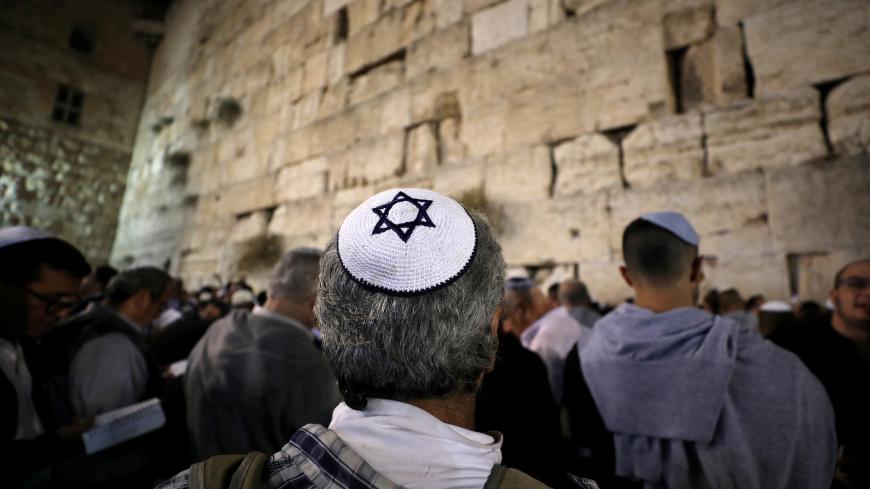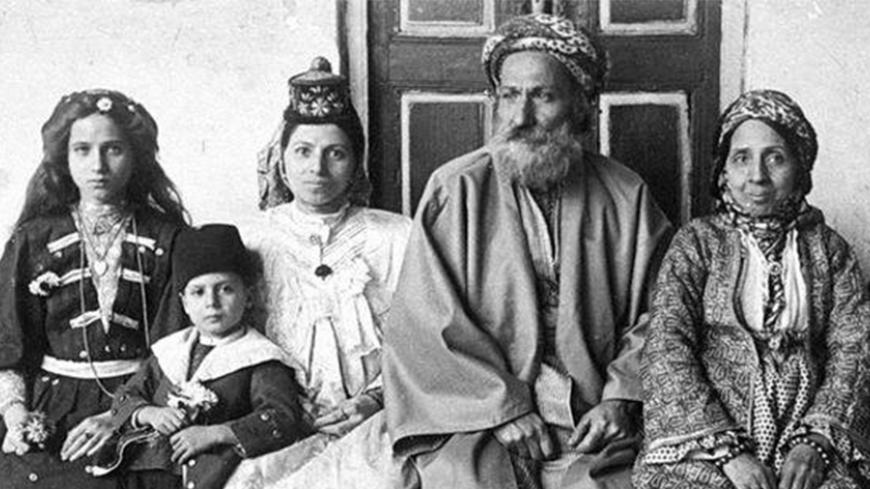Poll: Settlers would consider leaving West Bank for 'genuine peace'
A survey indicates that Palestinian recognition of Israel as a Jewish state will encourage settlers to leave their homes in the framework of a future peace agreement.

Many Israelis, including the writer of these lines, feel that Prime Minister Benjamin Netanyahu’s demand that the Palestinian leadership recognize Israel as the state of the Jewish people is only a ruse designed to thwart a peace settlement by transferring responsibility for its failure to the Palestinians next door.
While one can understand the demand for security arrangements in the territories and on the Jordan border, why is it necessary that one nation recognizes the religious identity of the other? We can find an answer to this important question in a new report by the International Crisis Group (ICG), “The Leap of Faith: Israel's National Religious and the Israeli-Palestinian Conflict.” This report, which summarizes research that maps the balance of power within the Religious-Zionist camp, and between it and the rest of Israeli society, gives details on a secret poll ordered by the prime minister’s office in 2010.









